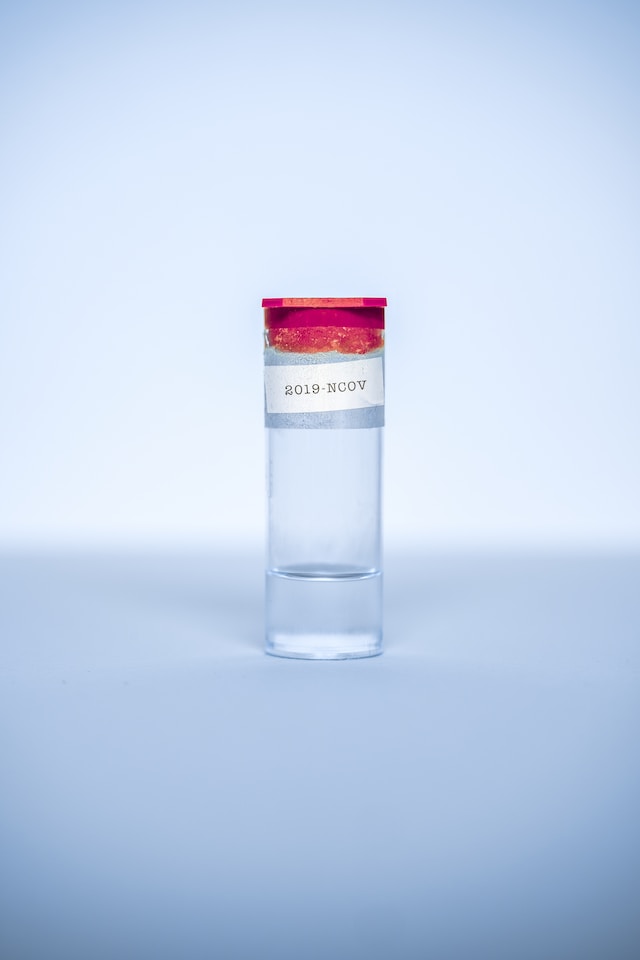- 8 May 2023
- 63
Chinese Censorship and the Covid-19 Cover-Up

As the Covid-19 pandemic continues to wreak havoc across the globe, the world remains fixated on the origins of the virus and the actions taken by the Chinese government in its early stages. Unfortunately, the reality of Chinese censorship and the Covid-19 cover-up is a disturbing truth that must be confronted.
The Chinese government’s handling of the Covid-19 outbreak has been characterized by secrecy and misinformation. Reports suggest that officials downplayed the severity of the virus and suppressed information about its origins, leading to a delayed response from the international community and allowing the virus to spread unchecked.
One of the most notable examples of Chinese censorship related to Covid-19 was the case of Dr. Li Wenliang. Dr. Li was an ophthalmologist in Wuhan who tried to warn his colleagues about the virus in its early stages. Instead of being heeded, he was reprimanded by Chinese authorities and accused of spreading rumors. Dr. Li later contracted Covid-19 and died, becoming a symbol of the government’s mishandling of the outbreak.
However, Dr. Li is not the only victim of Chinese censorship related to Covid-19. Journalists who have attempted to report on the issue have been harassed and arrested, while citizens who have spoken out about the government’s handling of the outbreak have faced retaliation.
One notable example is citizen journalist Zhang Zhan, who was arrested in May 2020 for reporting on the outbreak in Wuhan. Zhang was charged with “picking quarrels and provoking trouble,” a common charge used to silence dissent in China. She was later sentenced to four years in prison, sparking outrage from human rights groups.
In addition to censorship and suppression of information, there have also been reports of China pressuring other countries to downplay the severity of the outbreak. This was exemplified by China’s response to Australia’s calls for an independent investigation into the origins of the virus, with China responding by imposing tariffs on Australian goods and accusing the country of spreading “disinformation.”
This kind of behavior is unacceptable, especially in the midst of a global health crisis. It is essential that all countries be transparent and forthcoming about the nature of the outbreak and their response to it, in order to prevent similar pandemics in the future.
Unfortunately, the reality of Chinese censorship and the Covid-19 cover-up is a disturbing truth that must be confronted. The Chinese government’s handling of the outbreak raises serious concerns about transparency, human rights, and the need for a free press.
As journalists, it is our responsibility to report on this issue accurately and impartially, while upholding the principles of free speech and transparency that are essential to a democratic society. We must hold governments accountable for their actions, especially in times of crisis, and strive to provide the public with the information they need to make informed decisions.
In conclusion, the reality of Chinese censorship and the Covid-19 cover-up is a disturbing truth that cannot be ignored. It is essential that we continue to shine a light on this issue and hold those in power accountable for their actions. Only then can we hope to prevent similar outbreaks in the future and ensure that the world remains safe and healthy for all.

